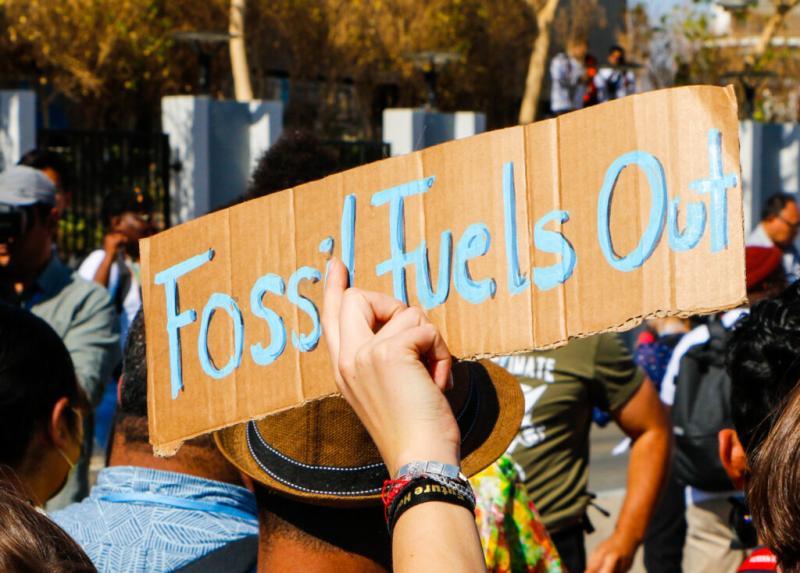“Redefining Financial Systems to Foster Global Equity”

By Francis Maingaila
Lusaka, Zambia24 (15-04-2024) – The International Monetary Fund (IMF) proposed policies are worsening climate change and vulnerability in developing nations while increasing deficits and dependencies, hindering self-sufficiency.
At a virtual press conference organized by ActionAid International, Economist Fadhel Kaboub from Power Shift Africa highlighted how extensive subsidies in the Global North steer African agriculture towards cash crops, undermining food self-reliance and ecological balance.
He stressed the necessity of a balanced approach prioritizing long-term sustainable development and climate resilience over fiscal austerity.
Kaboub further highlighted the adverse impact of IMF policies, including austerity measures and conditional loans, on countries’ capacity to invest in climate change mitigation and adaptation, particularly in developing nations.
He underscored the prerequisite for economic and structural decolonization before effective decarbonization can be achieved, noting the persistence of colonial structures post-independence, upheld by the global economic architecture established in the 1940s.
Kaboub advocated for a transition towards agroecology, renewable energy, and food sovereignty to foster development, urging a reconsideration of IMF assistance conditions to ensure climate change considerations are central to policy advice and lending decisions.
He emphasized the imperative for the IMF to translate recognition into concrete action to align its policies with sustainable development goals.
Sophie Richmond, Big Shift Global Coordinator, echoes Kaboub’s sentiments, advocating passionately for investment in renewable energy as a means to align with sustainable development goals and prove more cost-effective in the long term.
Richmond emphasized the urgent need for a paradigm shift in global financing patterns to ensure a sustainable future, urging a redirection of multilateral development banks’ financing strategies away from fossil fuel investments towards supporting clean energy initiatives, particularly in the Global South.
She sheds light on concerning trends in MDB financing patterns and calls for a complete phase-out of fossil fuel financing in favor of sustainable alternatives.
Similarly, Mariana Paoli, Global Advocacy Lead at Christian Aid, emphasizes the problematic role of Multilateral Development Banks (MDBs) in funding fossil fuel industries post-Paris Agreement, calling for increased grant-based public finance from developed nations to meet climate finance targets.
Paoli advocates for comprehensive funding for adaptation, loss and damage, debt relief, and concessional funding for disaster-stricken countries.
Teresa Anderson, Global Climate Justice Lead at ActionAid International, stresses the necessity of transformative action in global finance to address the climate crisis.
She critiques the recent Paris Summit on a New Global Financing Pact for prioritizing private finance over public financing initiatives and calls for progressive taxation of the super wealthy and major corporations, alongside the reform of outdated Bretton Woods systems.

Anderson emphasizes the importance of fostering innovation, partnerships, and investments in real solutions to address climate reparations and economic vulnerability in the worst-affected countries.
Her concerns align with recent research findings on the role of private banks in exacerbating climate chaos, emphasizing the need for a comprehensive approach that integrates public and private sectors to effectively combat the climate crisis.
She underscores the urgency of systemic change in global finance to mitigate the devastating impacts of climate change and secure a sustainable future for all.
